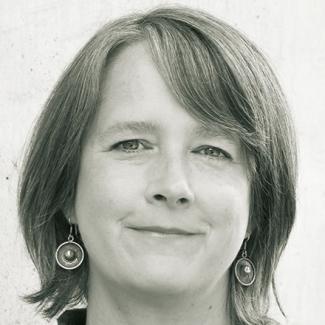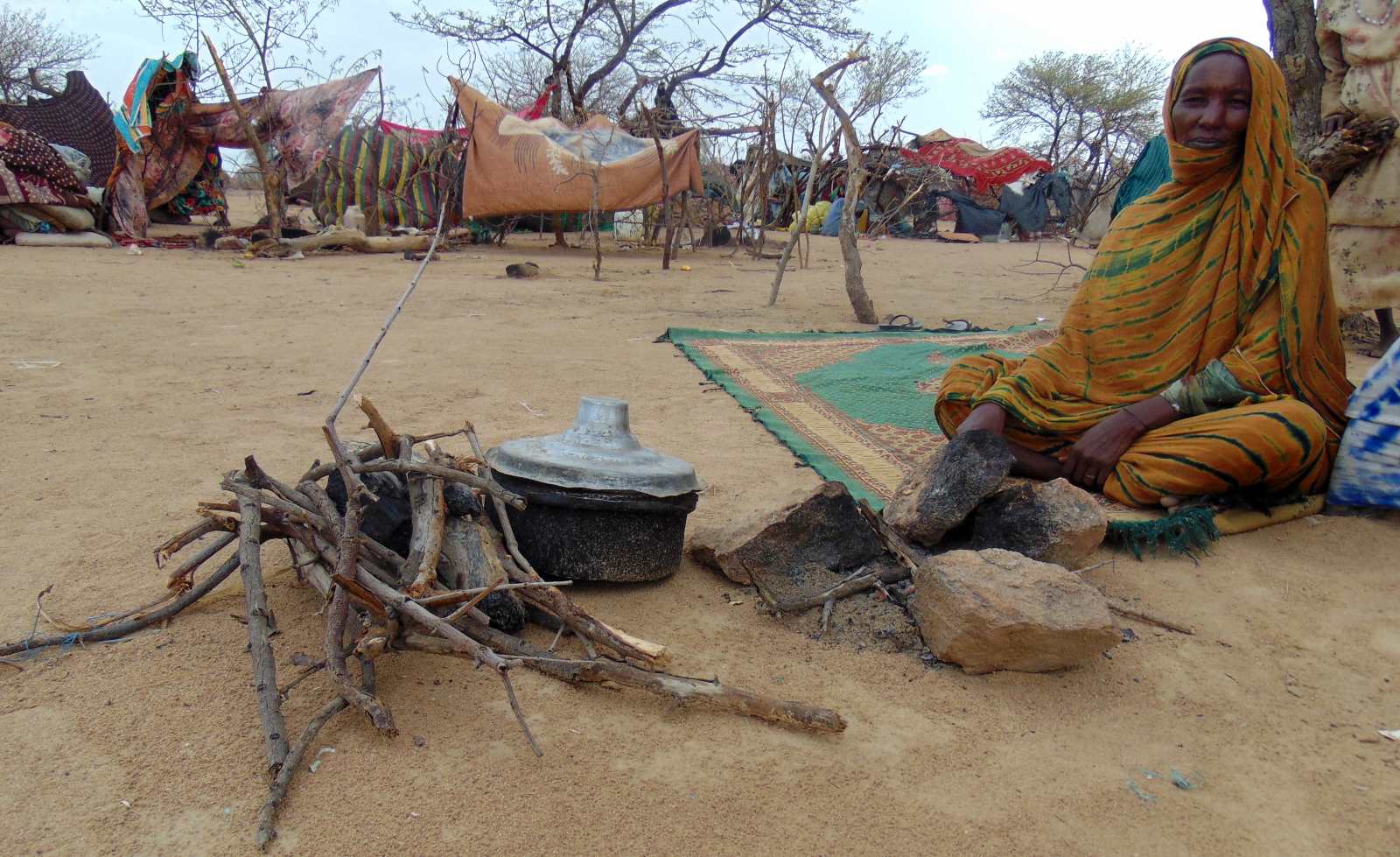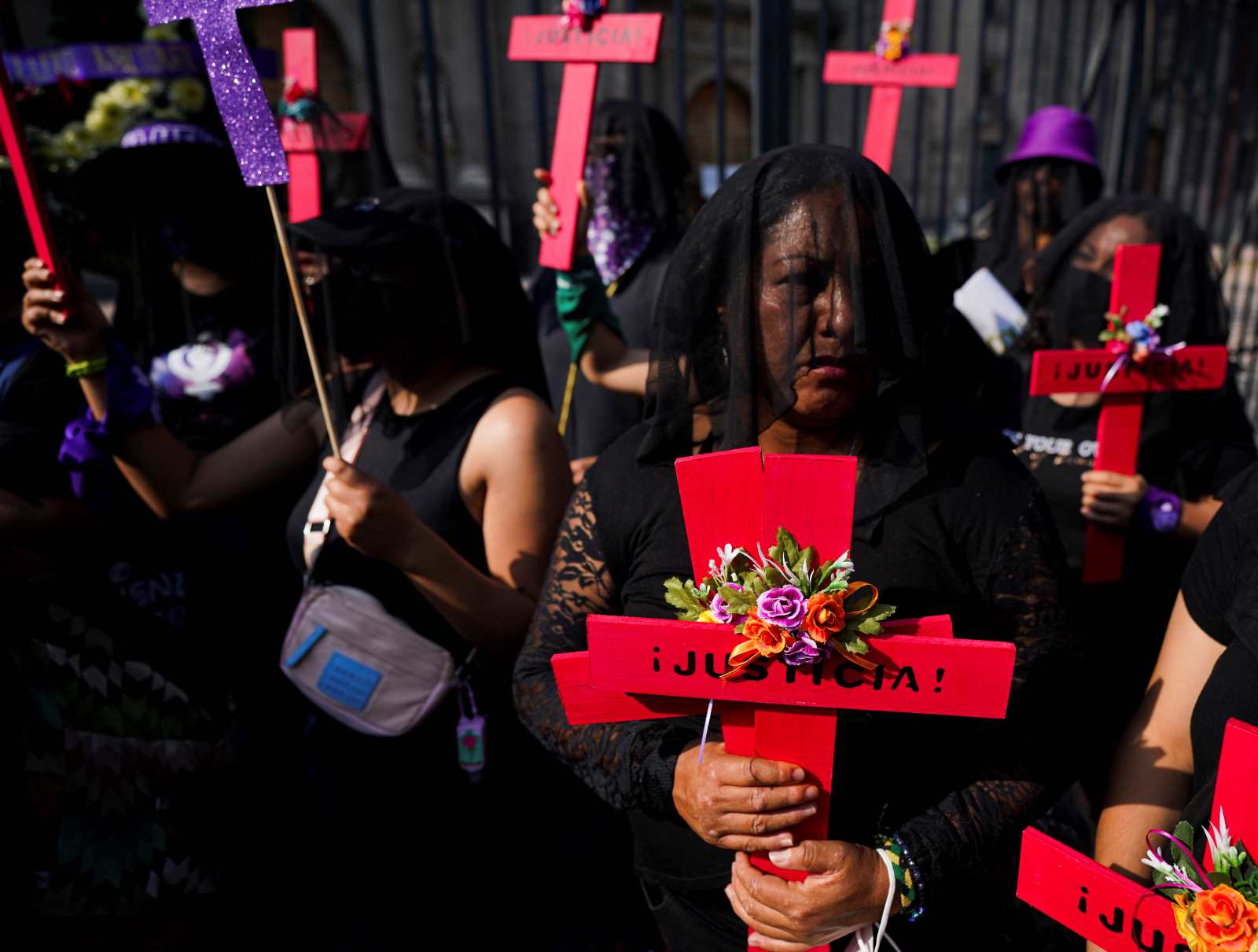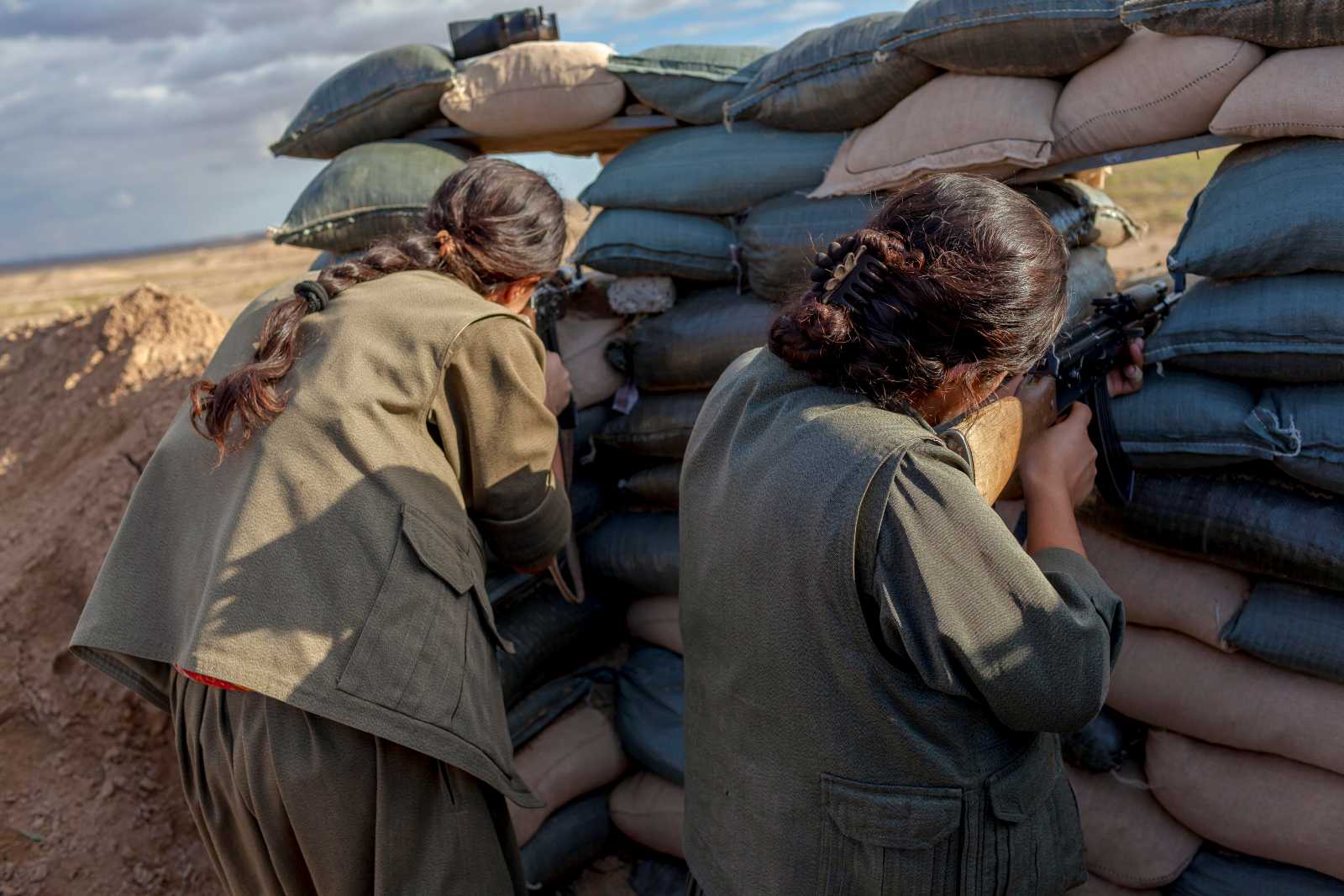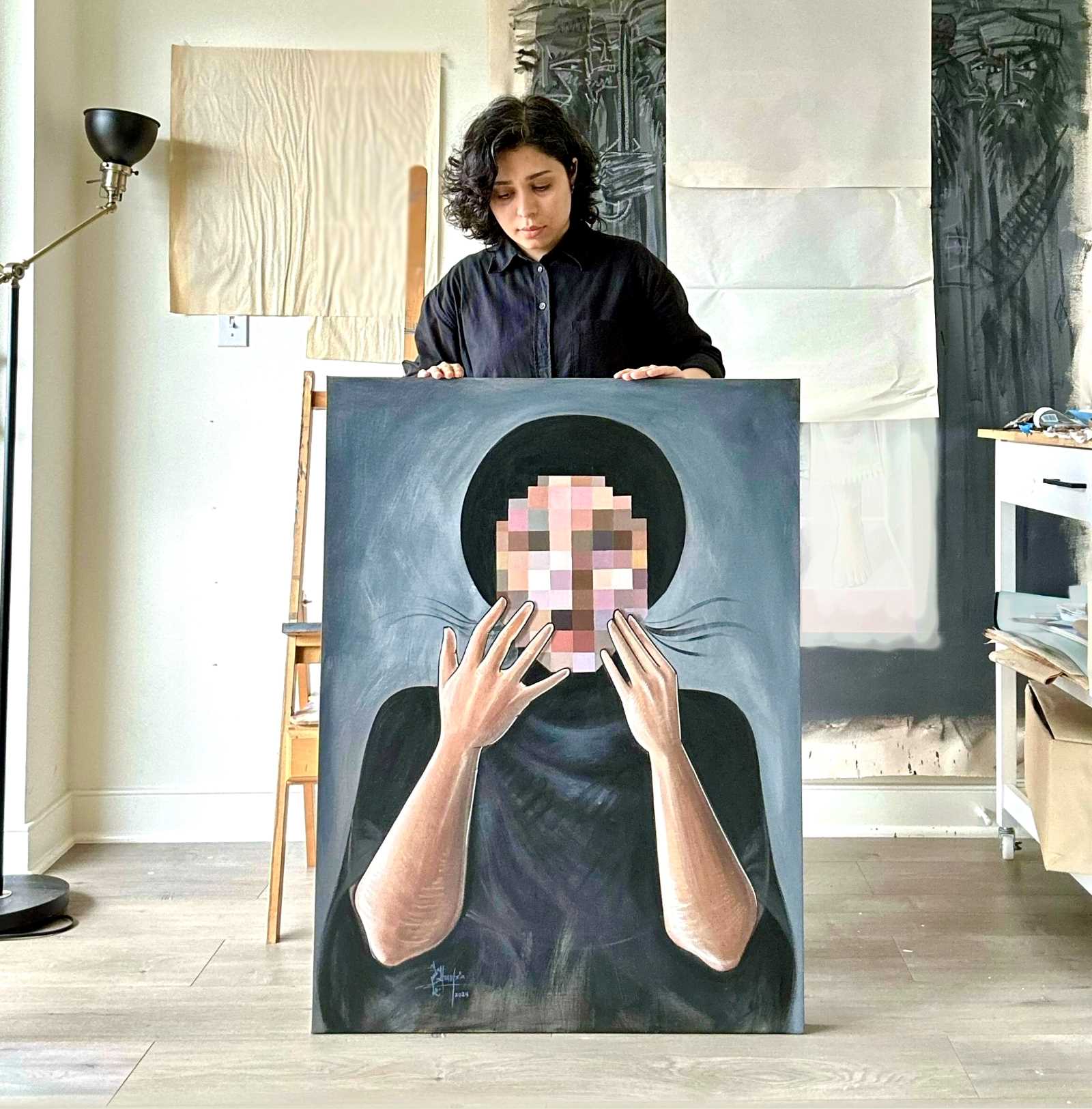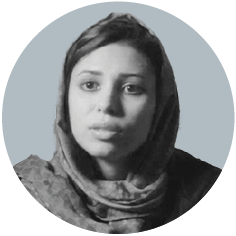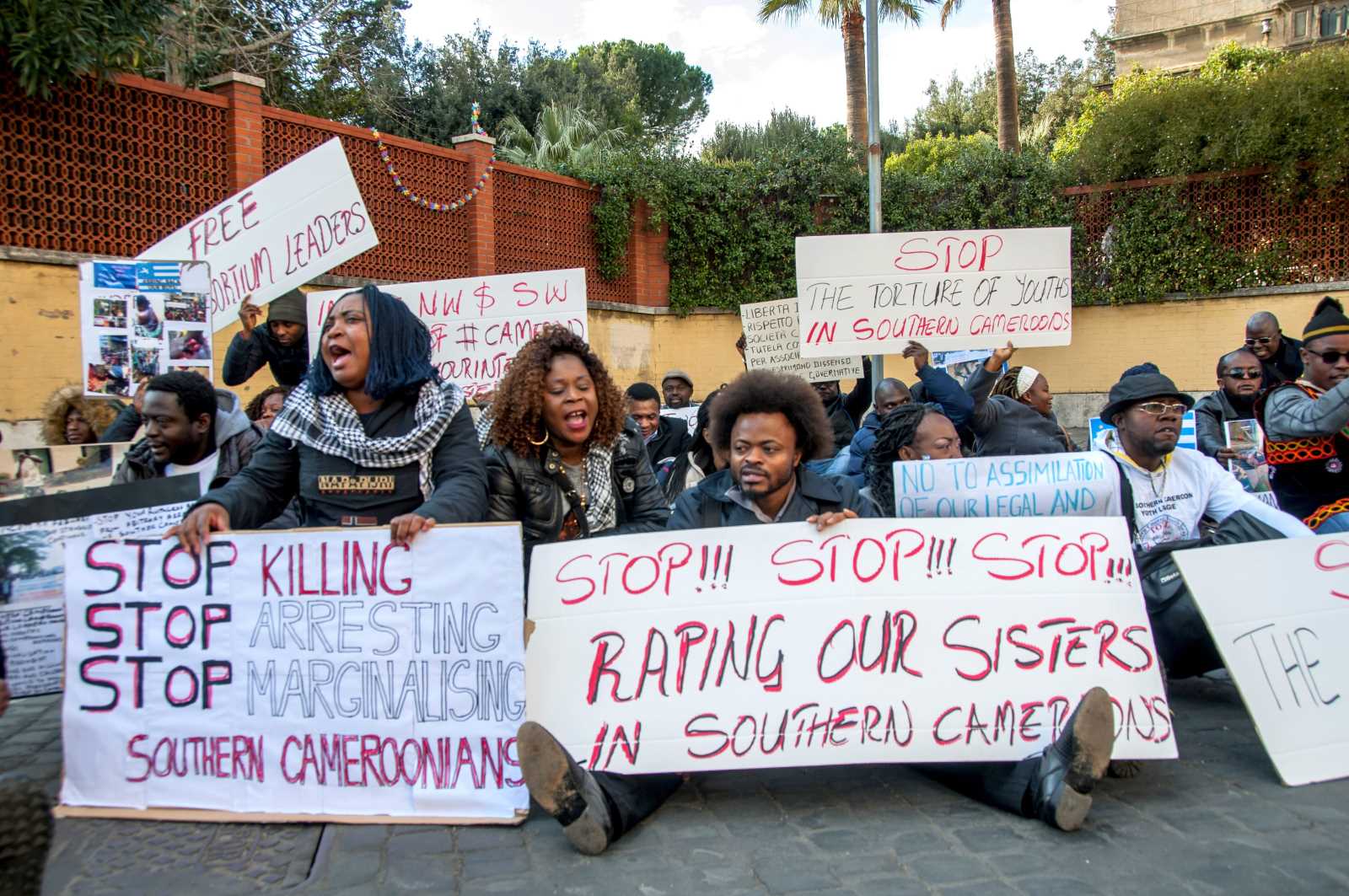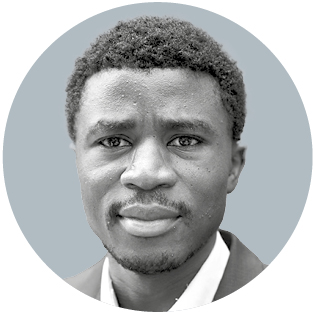Sexualised violence
In war as in peace
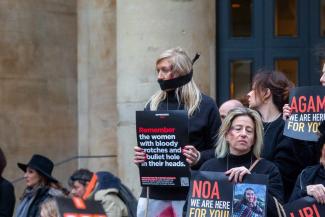
Sexualised violence in war has only been recognised as a severe human-rights violation since the 1990s. This recognition represented a milestone in the campaign to protect and uphold the rights of women and girls worldwide. Before that time, the dominant narrative considered sexualised violence in war “collateral damage”. Change came about in part thanks to the tireless commitment of activists and survivors who publicly discussed the violence they had experienced, for instance after the Bosnian War about 30 years ago. Their statements documented the horrific use of sexualised violence as a war tactic.
Now wartime rape is being discussed increasingly often, especially since Russia expanded its war of aggression to include all of Ukraine in February 2022 and Hamas and other armed groups attacked Israel on 7 October 2023. The focus here is primarily on the strategic aspect of violence, that is, on the question of whether sexualised violence is deliberately used as a war tactic or “weapon”.
Prosecuting and condemning sexualised violence as part of a war strategy is important. Nevertheless, there usually does not need to be an explicit order to rape. Often it is enough if superiors in the military or armed groups tolerate sexualised attacks and create an atmosphere that encourages this type of violence. In addition, the mostly male perpetrators often have little or no prosecution to fear.
There is another reason why the focus on sexualised violence as a “weapon of war” falls short. Wars exacerbate what was already there: systematic discrimination and violence against women facilitated by patriarchal structures. In post-war societies, these misogynistic structures often emerge from the conflict even stronger. That means that sexualised violence exists on a continuum and is also part of the reality of many women and girls in peacetime. Queer people, non-binary and trans people as well as boys and men also experience this violence.
Only when discriminatory power relations are recognised as the source of the violence can countermeasures be developed that meet the needs of all affected people and prevent new violence from being committed.
Still stigmatised
Sexualised violence can have serious and long-term health and social consequences. Priority must therefore be given to the needs of survivors: they need holistic support in the form of physical and material security as well as stress- and trauma-sensitive psychosocial and medical care. They also need legal advice and opportunities to earn an income.
How strong and lasting the after-effects of trauma are depends on various factors, such as the experiences survivors have in their social environments. Many affected people are still not believed. Instead, they are ostracised and stigmatised.
Society as a whole needs to support survivors and fight sexualised violence. Politicians, the justice system and civil society must all take responsibility and contribute to documentation, investigation, commemoration and compensation.
It is also important to recognise false information and the instrumentalisation of survivors. If sexualised violence is frequently invoked in the context of war and crises, it can signal that political interests are being served alongside the needs of affected women. Often sexualised violence is discussed only for as long as it is politically useful. The patriarchal structures that also underlie peacetime society are too seldom recognised or questioned.
The goal must be to prevent sexualised and gender-based violence and address its causes. At the same time, the suffering of affected people must be acknowledged, along with the strength with which they have survived violence and injustice.
Sara Fremberg is the Head of Policy and Communication at medica mondiale.
sfremberg@medicamondiale.org
